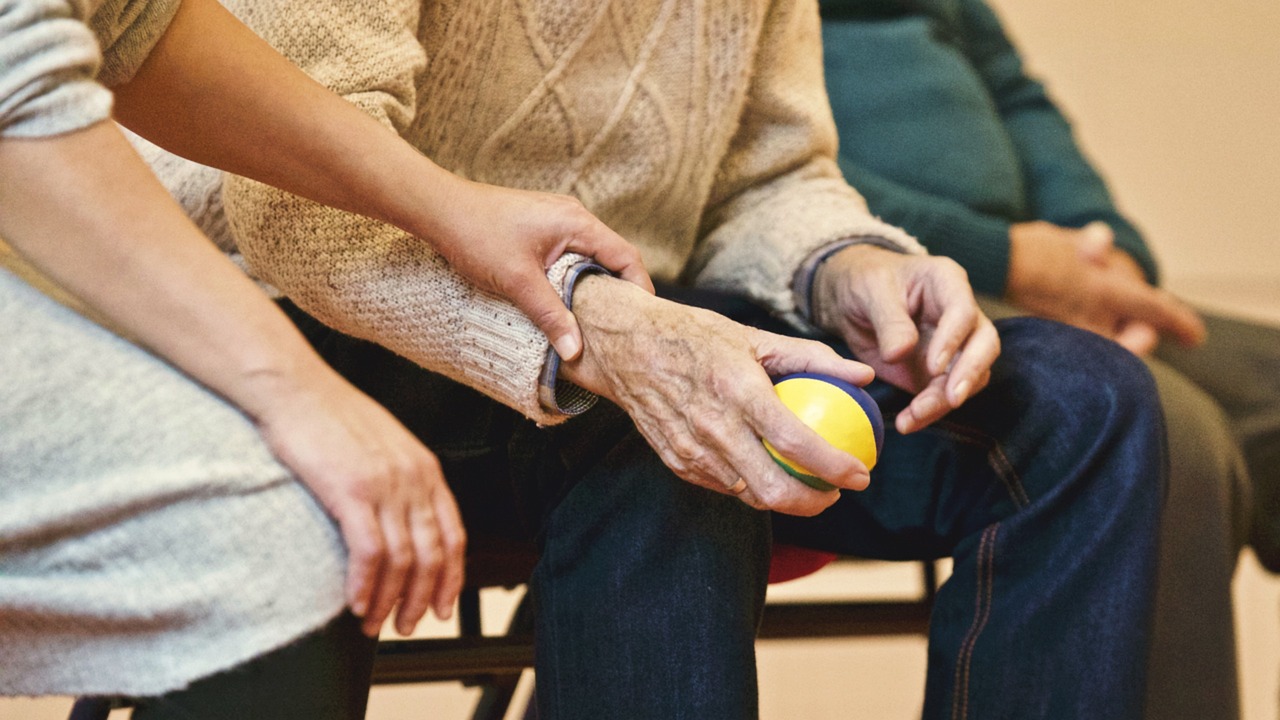Receiving a dementia diagnosis can be overwhelming for both the individual and their loved ones. It often marks the beginning of a difficult journey into unfamiliar territory. However, taking proactive steps early can help regain (and maintain) a sense of control. From organizing critical documents to creating a safe, supportive environment, thoughtful planning makes a profound difference.

Organize Documents Promptly Following a Dementia Diagnosis
One of the most essential tasks after a dementia diagnosis is collecting and organizing vital documents. Dementia can progress unpredictably, so easy access to medical, legal, and financial paperwork is crucial. Begin by compiling a comprehensive file that includes current prescriptions, healthcare provider contact information, health insurance policies, and any dental records. A recent photo of your loved one can be invaluable in emergencies or if they wander.
It’s also important to gather estate and living wills, financial documents such as bank and retirement account details, property deeds, vehicle titles, and insurance policies. Don’t forget access credentials for computers, online banking, and social media accounts. Include pet care information, such as veterinary contacts and medication schedules if applicable.
Store this information in a secure, accessible place. A fireproof safe or safety deposit box works well, and you should also provide a copy to a trusted family member or legal representative. Digital backups stored securely in the cloud offer additional peace of mind.
Emergency Preparation Is Key
In the event of a medical emergency, time is of the essence. Creating a clearly labeled red folder with all emergency health information can make a critical difference for first responders. Place it somewhere visible, such as on the refrigerator or a countertop. This folder should include medical diagnoses, a current medication list, allergies, immunization history, and names and numbers of healthcare providers and emergency contacts.
Adding a simple first aid kit and a list of emergency numbers nearby can provide additional security. You may also consider including basic medications such as ibuprofen, cold and allergy relief, and ointments like Neosporin or aloe vera, along with incontinence products and hygiene supplies. Depending on their abilities, setting up a daily pill box and posting medication reminders may help maintain routine and independence.
Safety Starts at Home
As dementia progresses, forgetfulness and confusion can increase the risk of accidents. It’s important to safety-proof the home and encourage routines that reduce the likelihood of harm. Post daily safety reminders in visible areas. These might include: locking all doors, avoiding conversations with strangers over the phone, not cooking without supervision, and calling a designated family member before leaving the house.
Install secure locks, stove shut-off valves, and motion-activated lights where necessary. These precautions not only prevent accidents but also provide reassurance for caregivers and loved ones.
Encourage Social Interaction After a Dementia Diagnosis
Isolation is a common and damaging reaction to a dementia diagnosis. Feelings of embarrassment or fear of forgetfulness may cause individuals to withdraw from their usual social circles. However, maintaining social connections and engaging in familiar activities is critical for emotional well-being.
Plan simple, consistent activities that encourage interaction and joy. Daily walks, shared meals, visits from grandchildren, or playing with a pet can offer comfort and connection. Consider activities that stimulate memory and creativity—art projects, puzzles, favorite films, or looking through old photographs. These moments not only support cognitive health but also help preserve the patient’s sense of identity and purpose.
Attending religious services, listening to music, or visiting meaningful places like a childhood neighborhood can further enhance emotional connection. If possible, begin documenting your loved one’s stories and memories to honor their legacy.
Take Care of Yourself, Too
Caring for someone with dementia is both an act of love and a significant emotional challenge. It’s important for caregivers to recognize their own needs and seek support when necessary. Caregiver burnout is real, and maintaining your mental health allows you to remain compassionate and resilient.
Consider a Memory Care Residence
As the condition progresses, families may find that professional care offers the best quality of life for their loved one. Memory care communities, like A Banyan Residence, are designed to provide a secure environment with structured activities, compassionate staff, and the companionship that promotes dignity and joy.
To learn more about how our memory care services can support your family during this journey, contact us today to schedule a tour. We have two Florida locations: Venice and The Villages.







